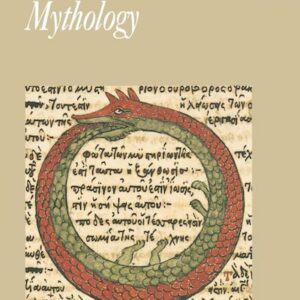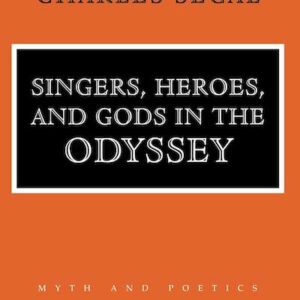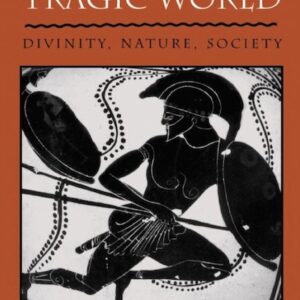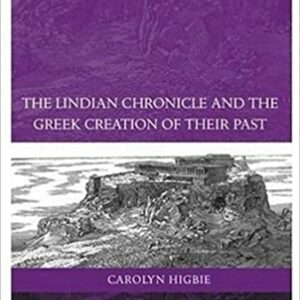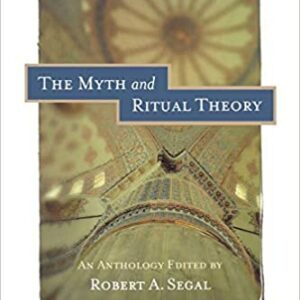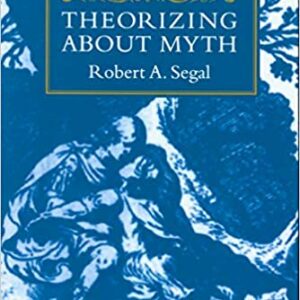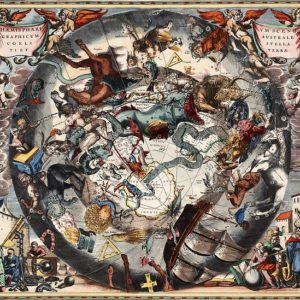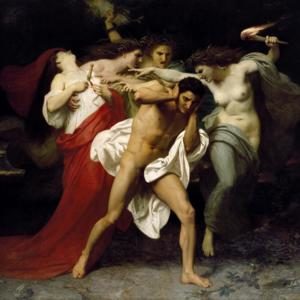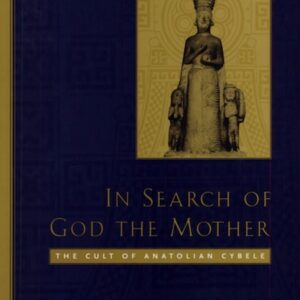
In Search of God the Mother: The Cult of Anatolian Cybele
By Lynn E. Roller (NHC Fellow, 1992–93) This book examines one of the most intriguing figures in the religious life of the ancient Mediterranean world, the Phrygian Mother Goddess, known to the Greeks and Romans as Cybele or Magna Mater, the Great Mother. Her cult was particularly prominent in central Anatolia (modern Turkey), and spread … Continued
